Previously, a decision on petroleum business was only limited to 6 A4 pages, but now it has been extended to dozens of pages. Therefore, it is necessary to reduce cumbersome regulations to create an open legal corridor, helping businesses develop sustainably.
The petroleum market is in the process of 'purification' when many petroleum giants such as Xuyen Viet Oil, Hai Ha, Thien Minh Duc... are being criminally prosecuted. This shows that the petroleum business still has many shortcomings in terms of policies as well as the capacity of enterprises. Without appropriate adjustments, this industry will continue to face many arising problems. VietNamNet has produced a series of articles recording comments from experts, businesses, and managers to overcome loopholes in the petroleum market, aiming for a transparent business environment, ensuring sustainable energy security. |
A series of oil and gas giants were dealt with.
Recently, a series of petroleum businesses such as Xuyen Viet Oil, Hai Ha Petro and Thien Minh Duc have been discovered to have committed serious violations in business operations, causing great losses to the state budget.
Xuyen Viet Oil was determined to have illegally appropriated and used the Price Stabilization Fund (BOG) and environmental protection tax money. Specifically, Mai Thi Hong Hanh, the company's chairwoman, took advantage of the fact that Xuyen Viet Oil was assigned to collect, manage, and use the Price Stabilization Fund money, directing Nguyen Thi Nhu Phuong (Deputy Director of Xuyen Viet Oil Company) not to transfer 219 billion VND of the fund into Xuyen Viet Oil's account, but to transfer it to her own accounts and then withdraw it for personal use. At the same time, Mai Thi Hong Hanh did not pay 1,244 billion VND of environmental protection tax that was assigned to collect. The above acts of defendants Mai Thi Hong Hanh and Nguyen Thi Nhu Phuong were sufficient to constitute the crime of "Violating regulations on management and use of State assets, causing loss and waste".
Ms. Hanh and her accomplices bribed a total of more than VND31 billion to eight individuals, including six former officials of the Ministry of Industry and Trade, to obtain licenses to import and export gasoline when they did not meet the requirements.
Hai Ha Petro , a major petroleum trading company in Thai Binh, was also discovered to have misused the BOG Fund and owed thousands of billions of VND in environmental protection tax. The company did not transfer the amount set aside for the BOG Fund to the fund account as prescribed, but left it in the company's payment account.
The investigation determined that from 2017 to January 12, 2024, Hai Ha Petro had to set aside a total of nearly VND 613 billion for the BOG Fund. However, taking advantage of being assigned to manage this fund, Tran Tuyet Mai directly directed the Chief Accountant, Le Thi Hue, to pay more than VND 295 billion; the debt is still more than VND 317 billion.
With this amount of money, Tran Tuyet Mai directed the withdrawal of 266.3 billion VND from the BOG Fund, then transferred the money to another company to execute a contract to buy and sell goods.
Thien Minh Duc , a large petroleum enterprise in Nghe An, was also discovered to have many violations.
The police investigation agency has decided to prosecute the criminal case of "Embezzlement of property; Illegal printing, issuance, and trading of invoices and documents for state budget payment" occurring at Thien Minh Duc Group and related units.
Faced with a series of violations by petroleum enterprises being exposed, the Ministry of Industry and Trade has developed and sought opinions to amend Decrees on petroleum trading, aiming for a more transparent and healthy market.
According to the Domestic Market Department, the principle of drafting the Decree is to ensure the harmony of interests between consumers, enterprises using gasoline and oil, and enterprises trading gasoline and oil... The draft attaches the responsibility of enterprises trading gasoline and oil in ensuring the supply of gasoline and oil for domestic consumption; reducing State intervention in enterprises' gasoline and oil trading activities.
"Building a competitive environment in the petroleum business sector. Inheriting the advantages of the current petroleum business mechanism and adding new regulations suitable to the practical situation of petroleum business. Therefore, when the Decree comes into operation, it is expected to create a corridor for the petroleum market to operate better," said the Domestic Market Department.
Avoid businesses running around everywhere to get licenses.
After studying the draft to replace the decrees on petroleum trading that are being consulted by the Government and the Ministry of Industry and Trade, Mr. Bui Ngoc Bao, Chairman of the Vietnam Petroleum Association (VINPA), said that there are still many issues that need to be thoroughly discussed, especially related to petroleum prices and licensing procedures.
The draft decree has cut some administrative procedures, but there are still many strict conditions such as regulations on the number of stores, warehouse requirements, etc. According to Mr. Bao, these regulations need to be flexible and suitable to market reality.
"The licensing process needs to follow a one-stop mechanism to avoid businesses running around everywhere to get licenses," he emphasized in an interview with PV.VietNamNet .
He also reiterated that over the past 20 years, regulations on petroleum trading have become increasingly complex. Previously, a decision on petroleum trading was limited to 6 A4 pages, but now it has been extended to dozens of pages. Although some procedures have been simplified, there are still many cumbersome regulations.
Therefore, according to the Chairman of VINPA, the draft decree needs to continue to cut administrative procedures to create a more open business environment. Management must still be strictly ensured but at the same time, it is necessary to create space for businesses to develop sustainably.
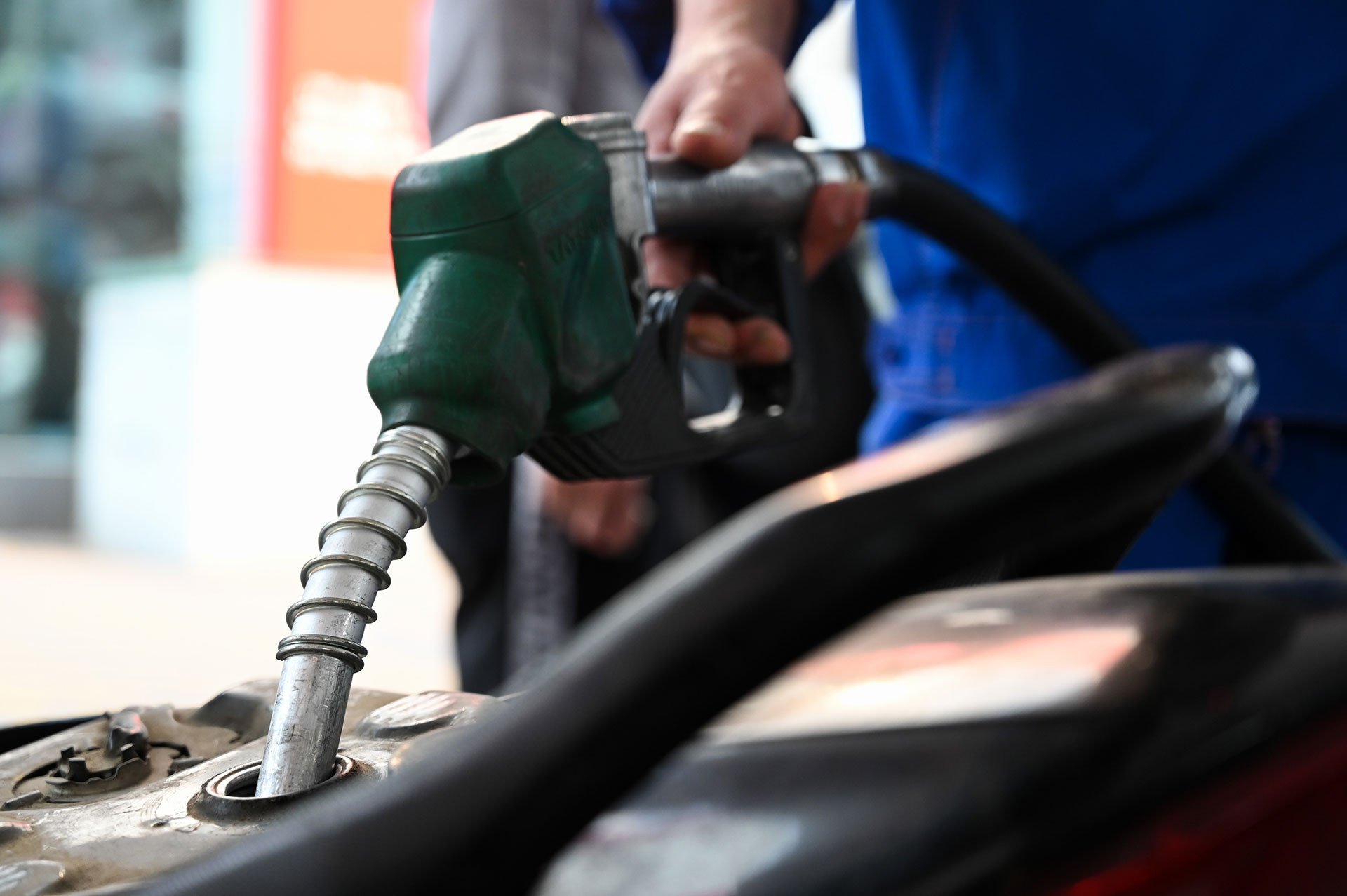
Another unreasonable point in the draft decree is the provision prohibiting petrol distributors from buying and selling to each other. According to Mr. Bao, this facilitates State management but hinders businesses.
"Distributors are not only intermediaries but also play a role in regulating goods and providing finance to key businesses by advancing money to import goods. Therefore, prohibiting them from buying and selling to each other is unreasonable," he analyzed.
Regarding management, with the development of digitalization, the Ministry of Industry and Trade has required businesses to report in detail the volume of imports, sales and the list of partners. This helps to better control the market, avoiding the situation of buying and selling in a haphazard manner as before. Therefore, it is not necessary to prohibit distributors from purchasing goods from different sources.
Consider the existence of a Price Stabilization Fund
There are currently 9 items subject to price stabilization under the Price Law. When prices have a major impact on the economy and social life, the Government will decide on a stabilization period. Outside that period, prices must operate according to market mechanisms.
"Petrol is a stabilized commodity, so adjustments must comply with the provisions of the law. It is impossible to always apply a fixed stabilization formula," Mr. Bao stated his opinion, emphasizing that this is also the content that the Vietnam Petroleum Association has proposed to the Ministry of Industry and Trade.
Regarding the management of gasoline, Mr. Bao agreed with the view that the State needs to have close supervision. However, it is necessary to clearly define the period of stabilization, the rest must be left to the market to operate on its own.
One of the notable proposals is the debate on whether to maintain or abolish the Petroleum Price Stabilization Fund. Mr. Bao said that this issue needs to be carefully considered in the draft decree. The price calculation formula proposed by the Ministry of Industry and Trade should only be applied when stabilization is really needed, in accordance with the law.
"Letting businesses keep and manage funds themselves as it is now is not good. In fact, many businesses have violated the law, causing great losses," he said.
The actual violations of Xuyen Viet Oil, Hai Ha Petro... are typical.
The Ministry of Industry and Trade also had to remind dozens of petroleum businesses about their obligation to report on the audit of the Price Stabilization Fund in April 2024.
According to Mr. Bao, this fund used to play an important role, but in the current context, when the operating mechanism is approaching the market, its role has become blurred, even unnecessary.
"If it is still maintained, it is necessary to concentrate the fund into a single entity managed by a State agency or convert it into a reserve fund for circulation with goods that are bought and sold, instead of deducting funds for expenditure as it is now," the Chairman of the Vietnam Petroleum Association (VINPA) frankly said.
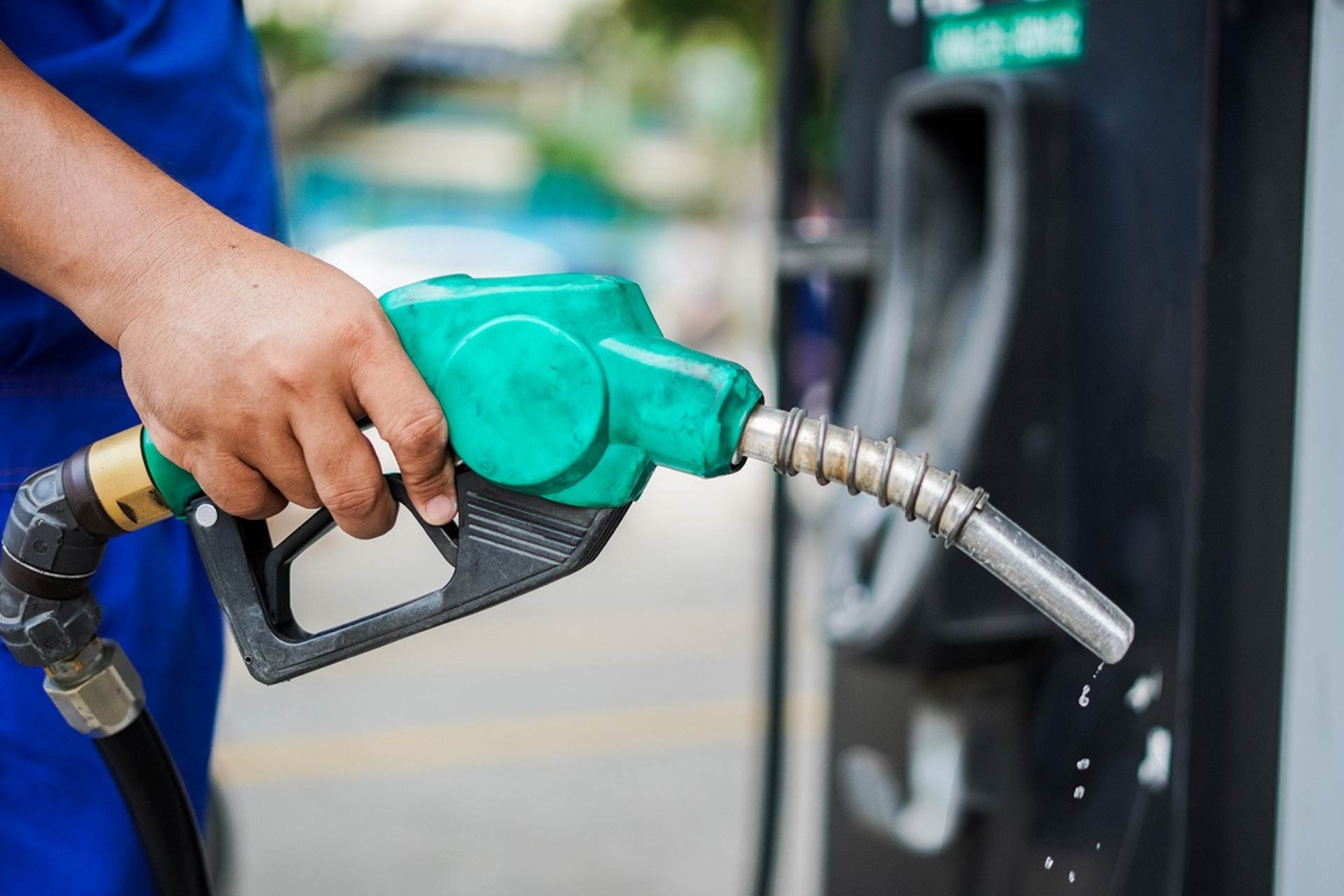
Source: https://vietnamnet.vn/kinh-doanh-xang-dau-xua-quy-dinh-chi-6-trang-a4-nay-day-may-chuc-trang-2370749.html








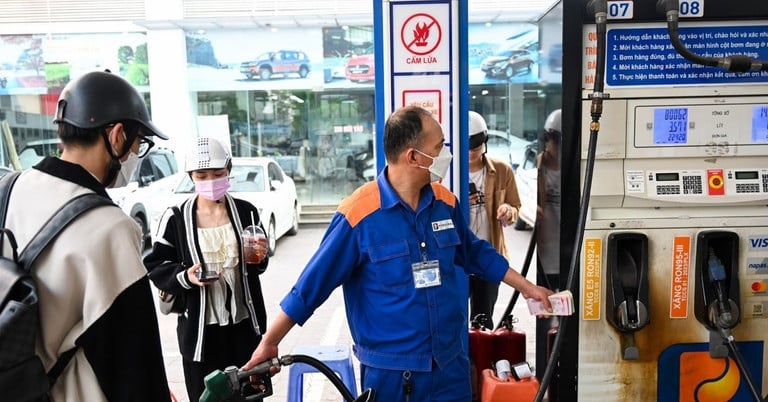
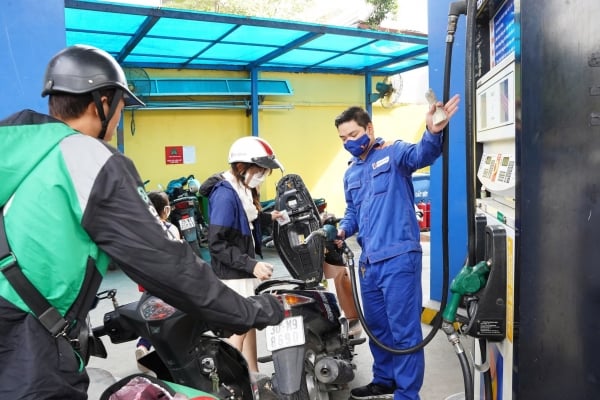

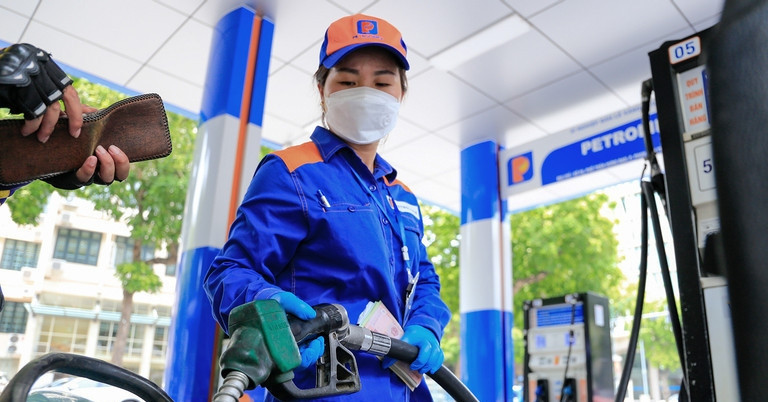
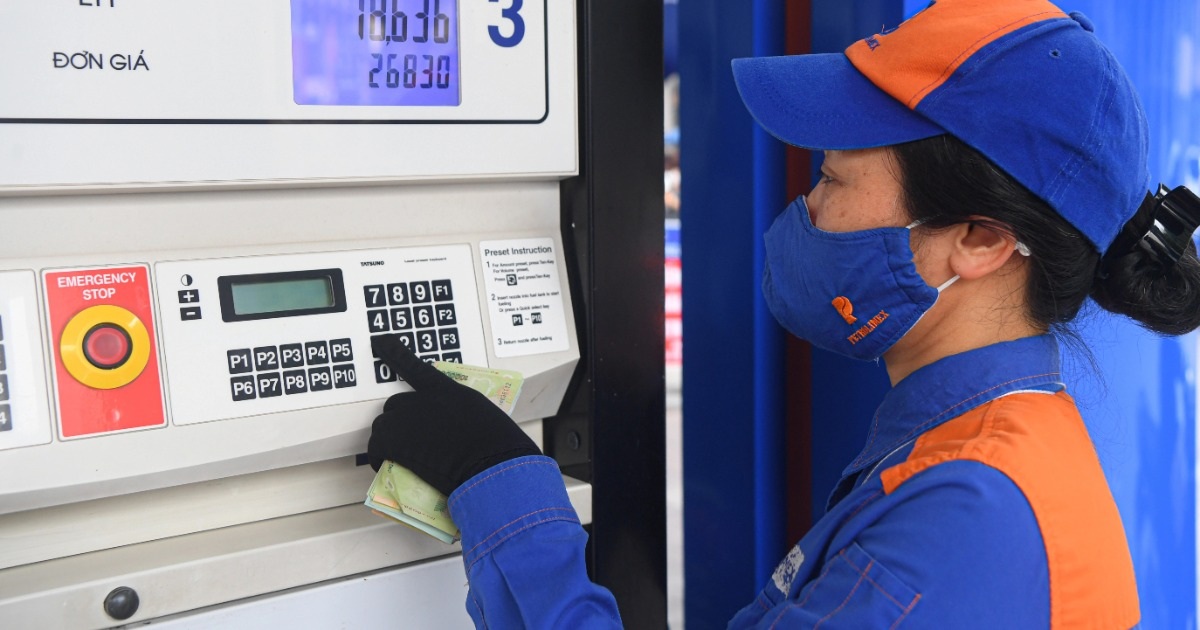

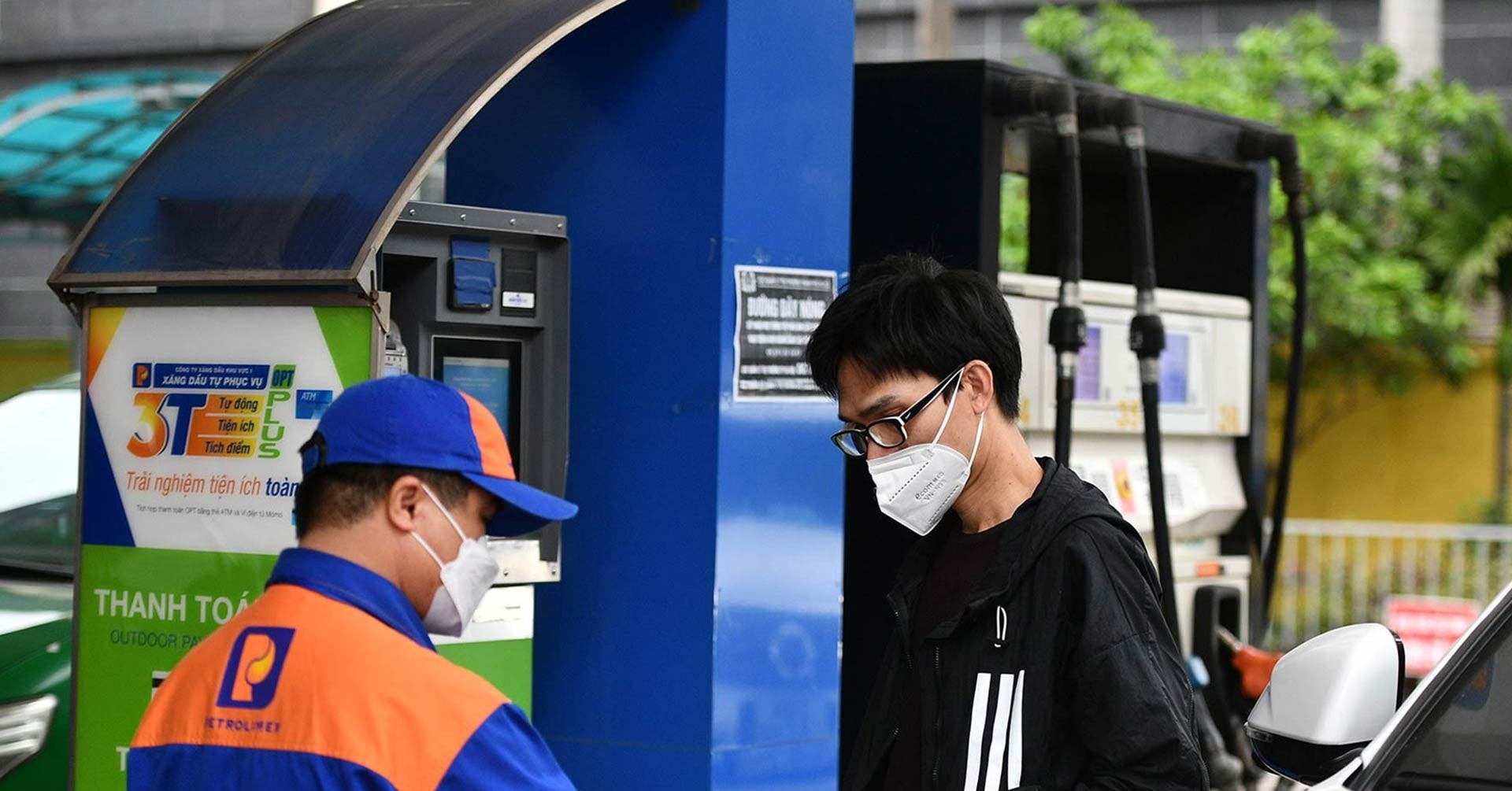
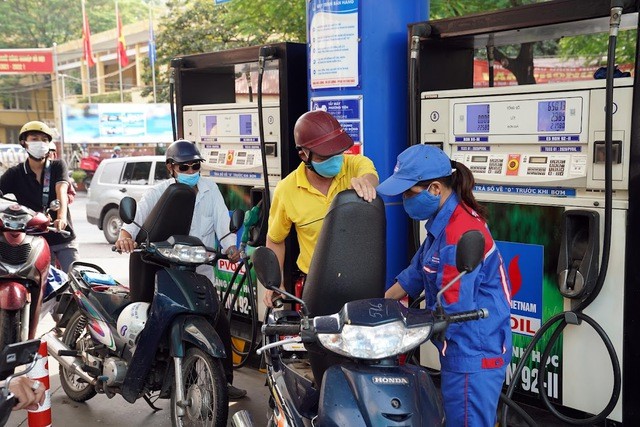
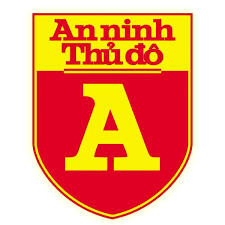
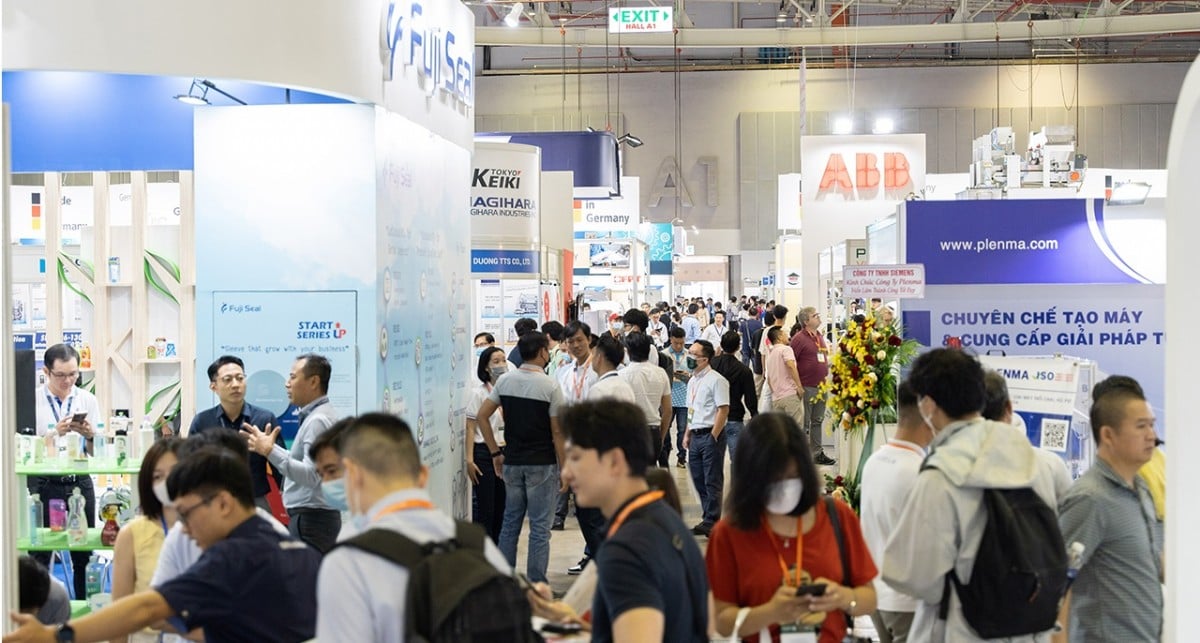
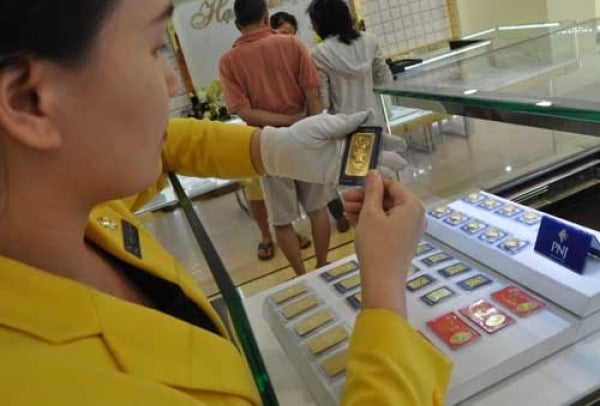
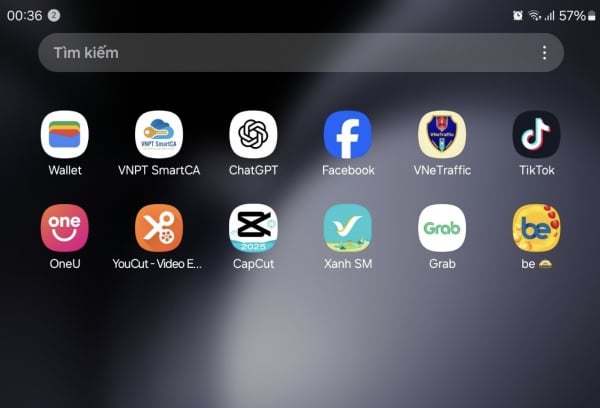

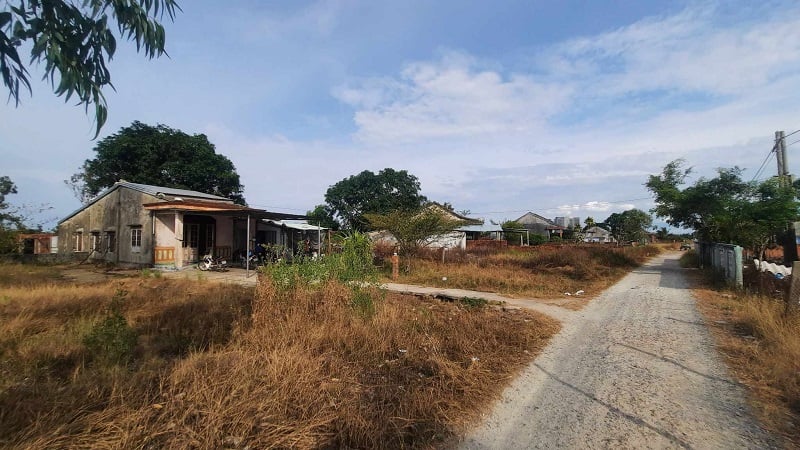

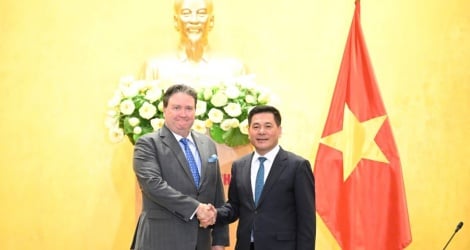

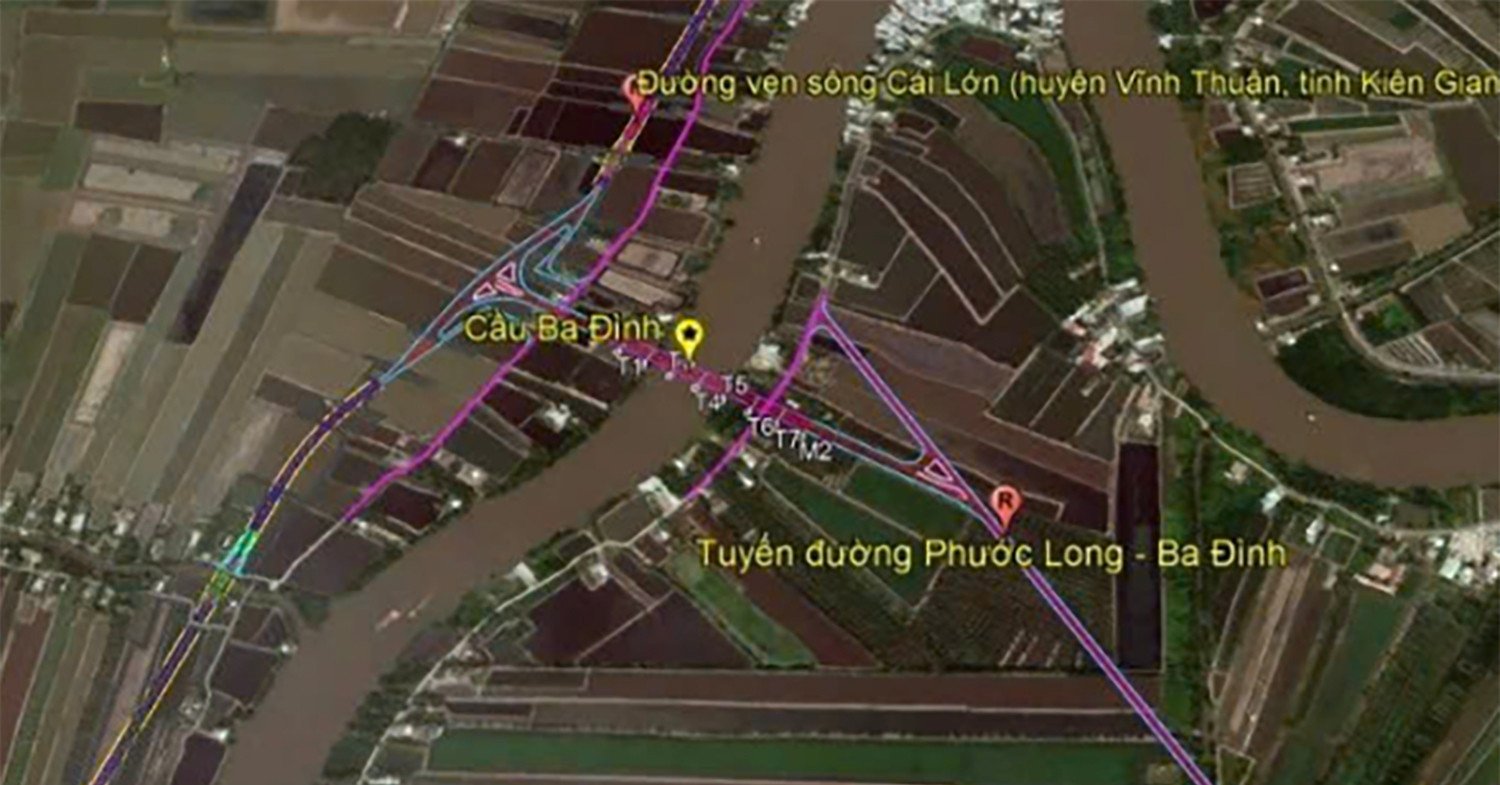
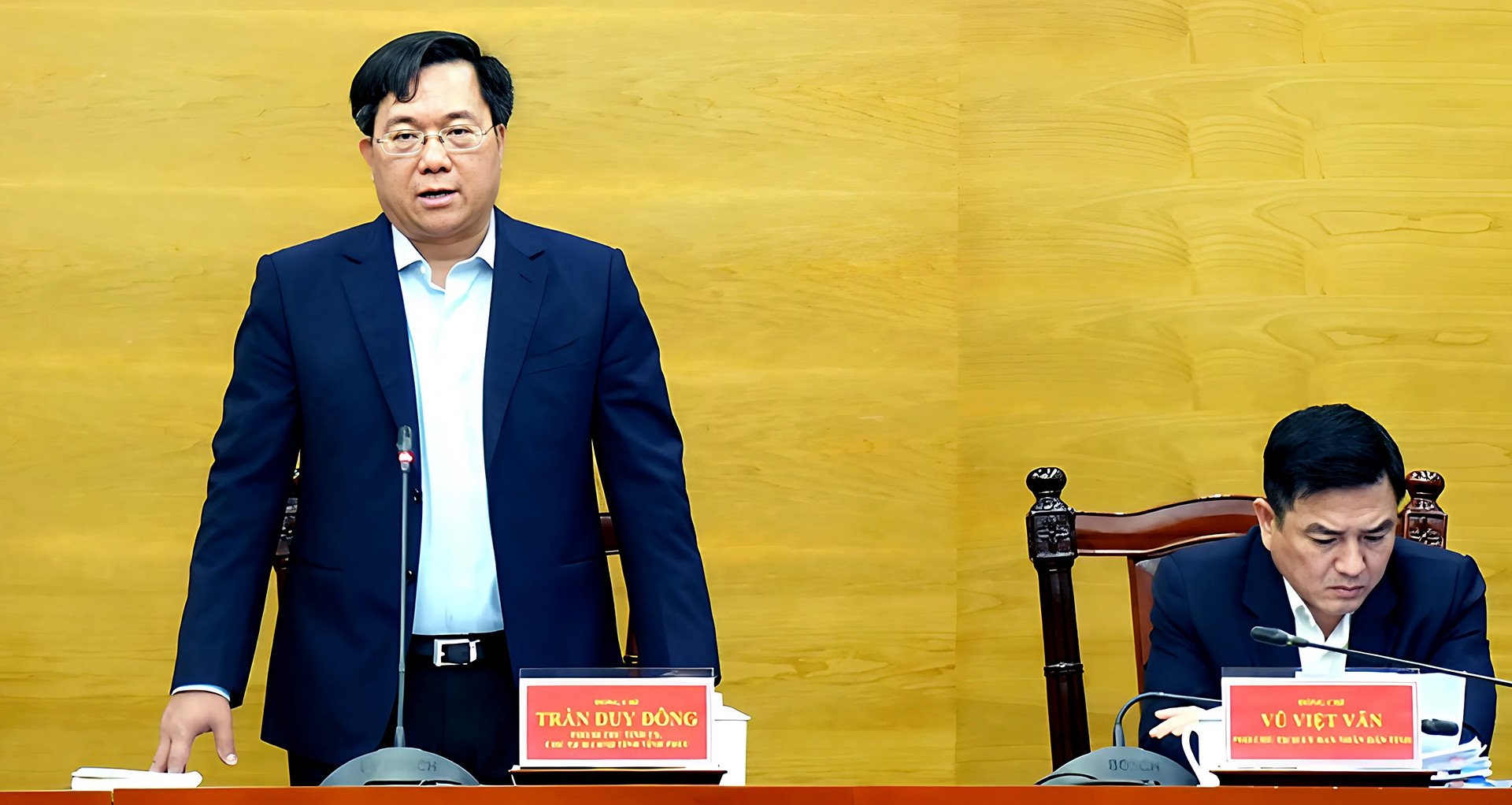

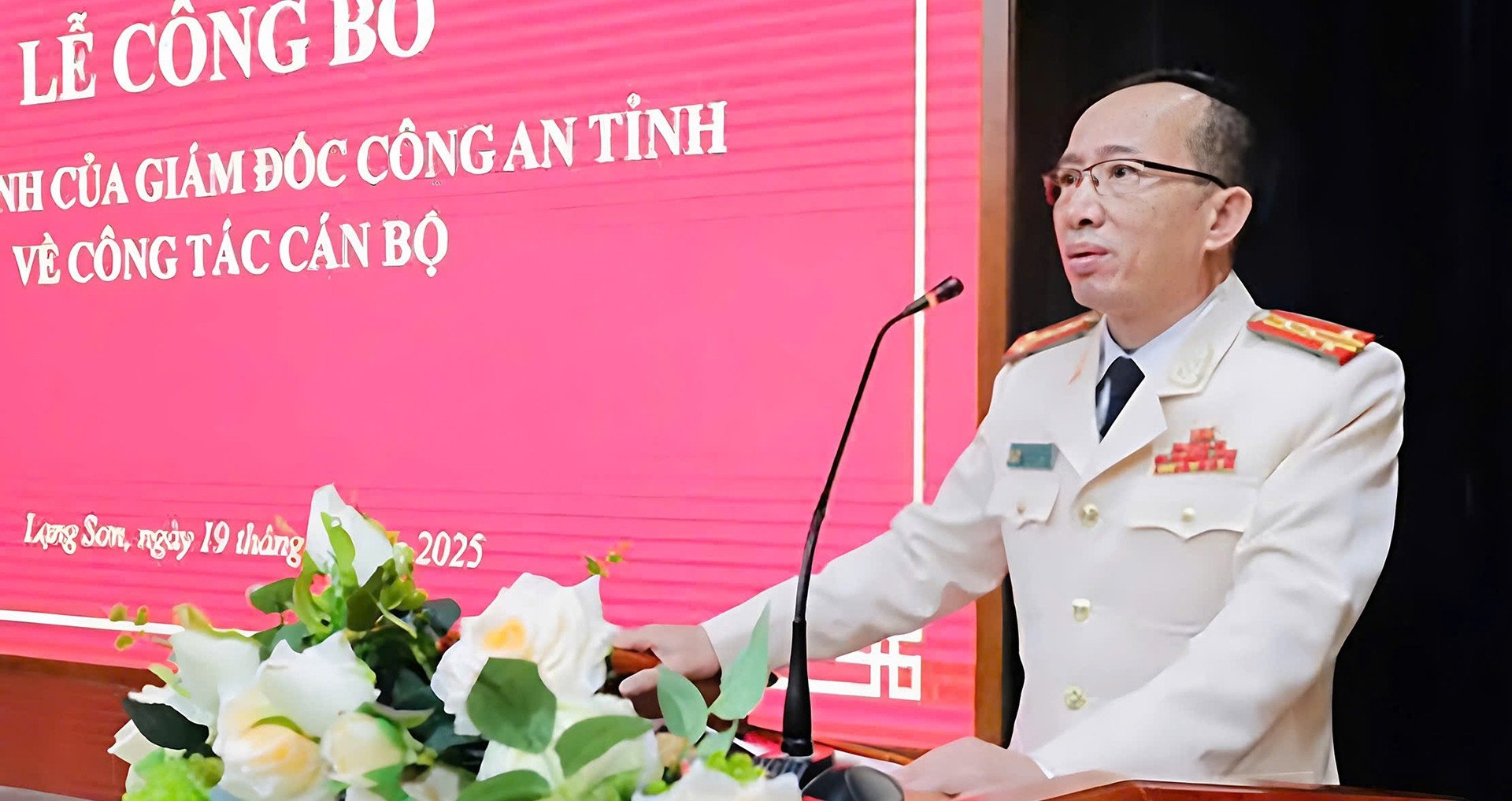


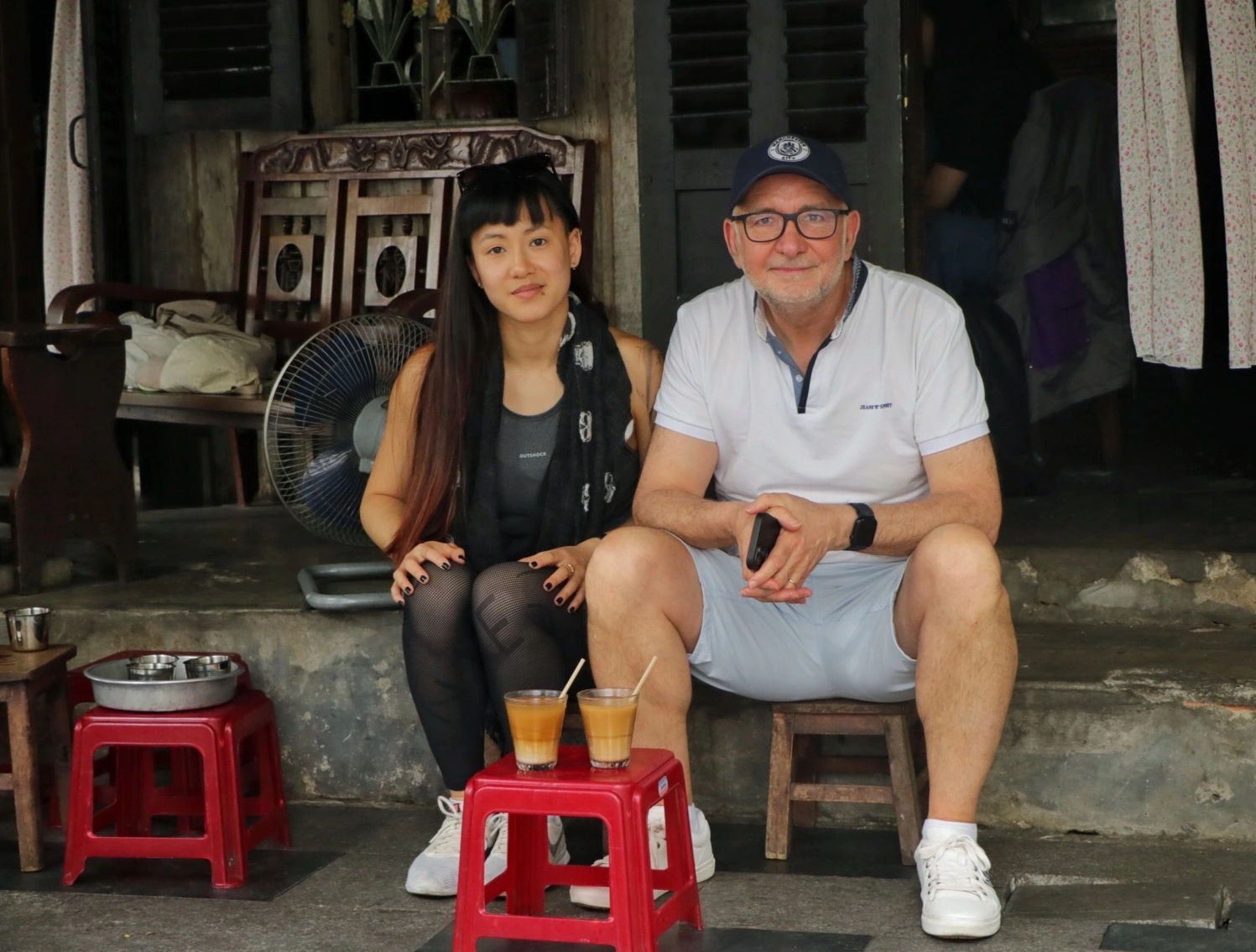




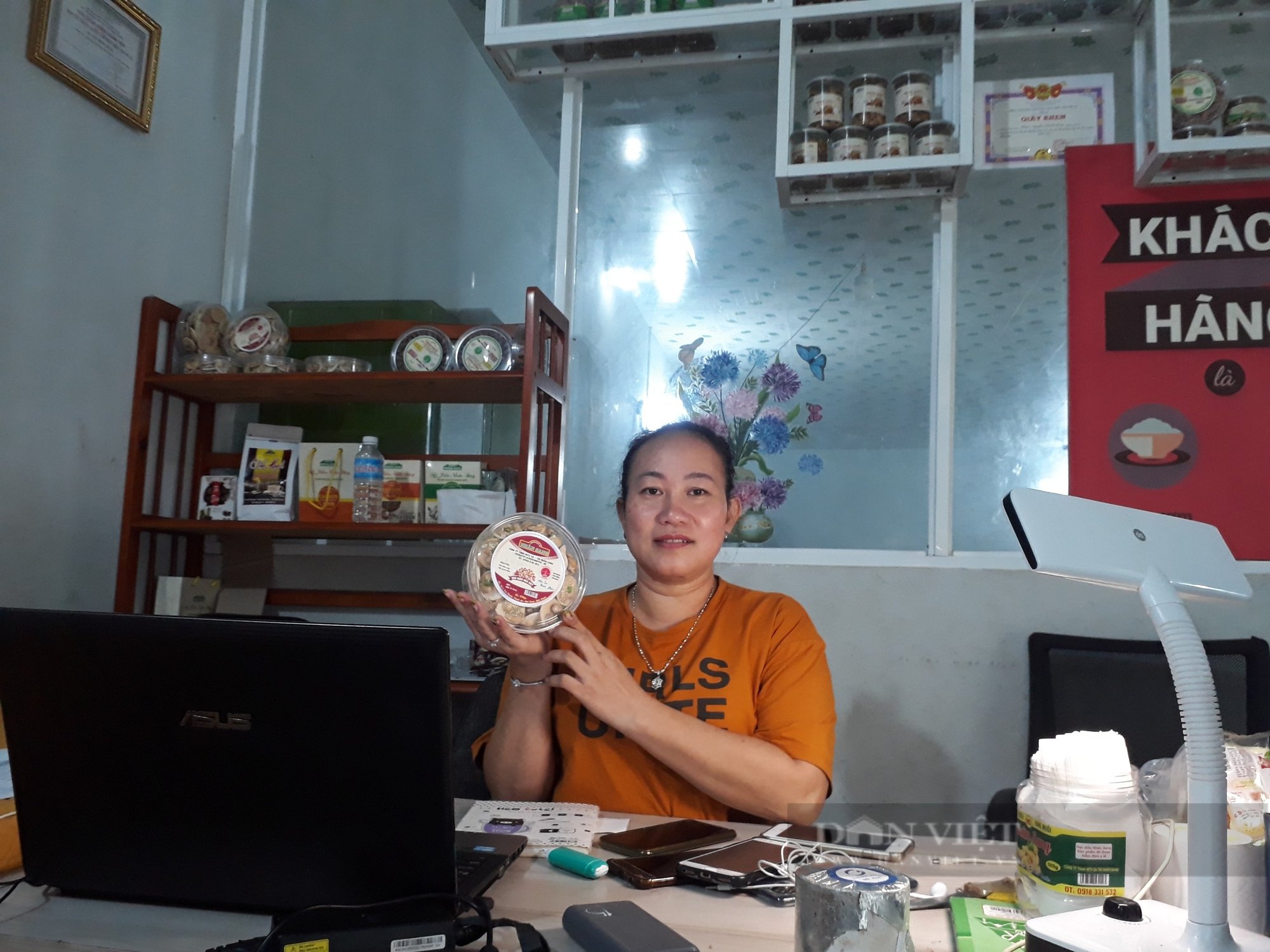





Comment (0)